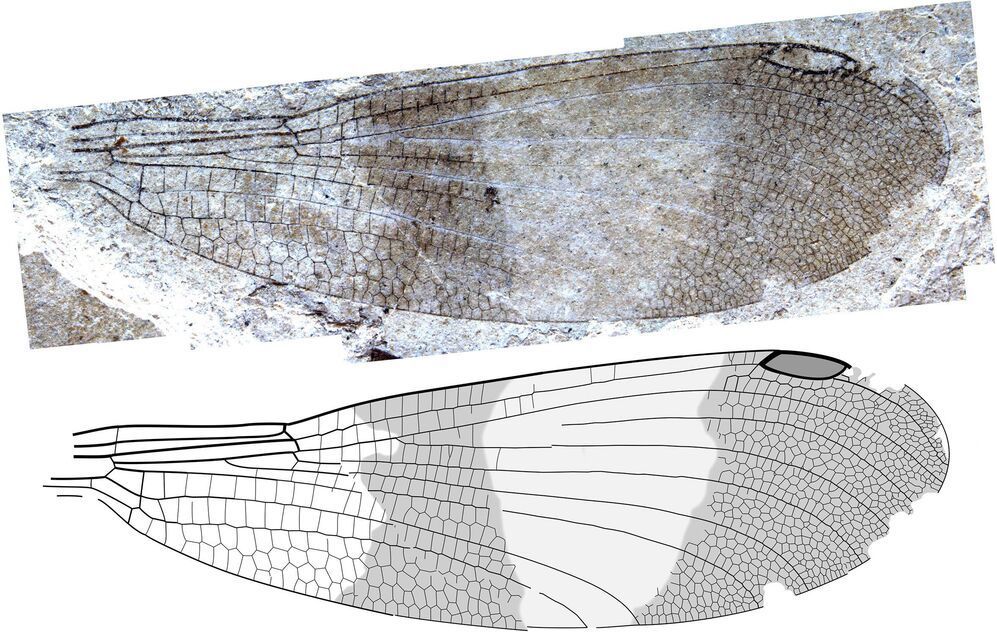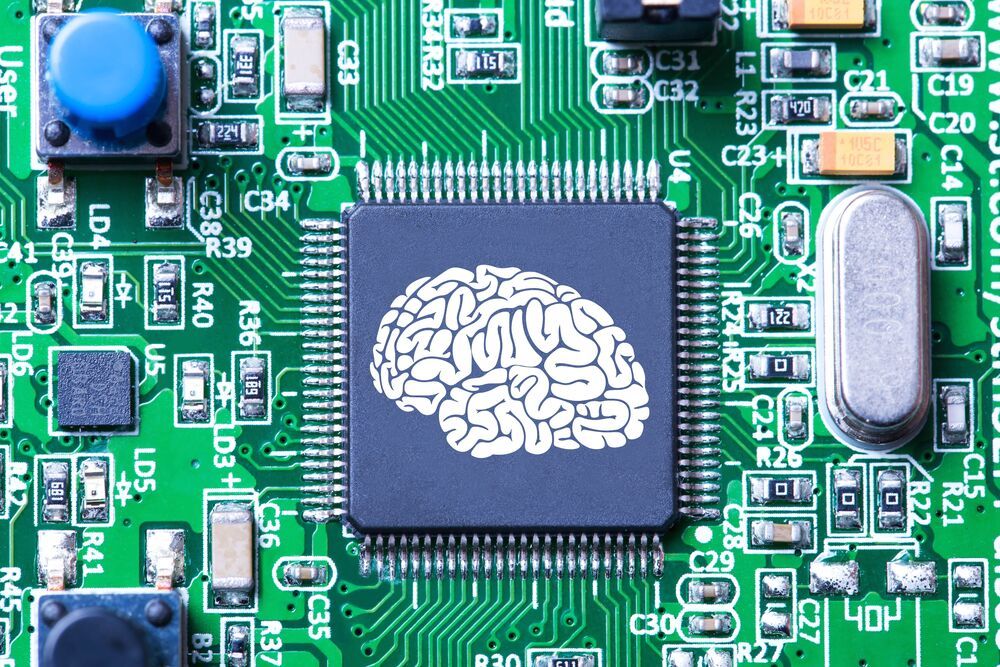The hackers started their attack in January but escalated their efforts in recent weeks, security experts say. Business and government agencies were affected.



SFU-led research team uncovers how fossil dragonfly relatives have been misclassified due to their striking similarity.
For more than 150 years, scientists have been incorrectly classifying a group of fossil insects as damselflies, the familiar cousins of dragonflies that flit around wetlands eating mosquitoes. While they are strikingly similar, these fossils have oddly shaped heads, which researchers have always attributed to distortion resulting from the fossilization process.
Now, however, a team of researchers led by Simon Fraser University (SFU) paleontologist Bruce Archibald has discovered they aren’t damselflies at all, but represent a major new insect group closely related to them.

Recently published neuroimaging research provides evidence that the directional connectivity between several brain regions plays an important role in emotional processing abilities.
Although interest in emotional intelligence has been steadily growing since the 1990s, the underlying neural mechanisms behind it have yet to be clearly established. The new study, which appears in NeuroImage, is part of a process to begin to fill in this gap in scientific knowledge.
“Emotional intelligence is one of the least studied topics, especially in conjunction with cutting-edge computational neuroimaging techniques,” explained lead researcher Sahil Bajaj, the director of the Multimodal Clinical Neuroimaging Laboratory at Boys Town National Research Hospital.

Today, machine learning permeates everyday life, with millions of users every day unlocking their phones through facial recognition or passing through AI-enabled automated security checks at airports and train stations. These tasks are possible thanks to sensors that collect optical information and feed it to a neural network in a computer.
Scientists in China have presented a new nanoscale AI optical circuit trained to perform unpowered all-optical inference at the speed of light for enhanced authentication solutions. Combining smart optical devices with imaging sensors, the system performs complex functions easily, achieving a neural density equal to 1/400th that of the human brain and a computational power more than 10 orders of magnitude higher than electronic processors.
Imagine empowering the sensors in everyday devices to perform artificial intelligence functions without a computer—as simply as putting glasses on them. The integrated holographic perceptrons developed by the research team at University of Shanghai for Science and Technology led by Professor Min Gu, a foreign member of the Chinese Academy of Engineering, can make that a reality. In the future, its neural density is expected to be 10 times that of human brain.

University of Chicago, Argonne scientists tame photon-magnon interactions In a first-of-its-kind discovery, researchers in the University of Chicago’s Pritzker School of Molecular Engineering and Argonne National Laboratory announced they can directly control the interactions between two types of q.

China laid out seven “frontier” technologies in its 14th Five Year Plan. These are areas that China will focus research on and include semiconductors and brain-computer fusion.
Yuichiro chino | moment | getty images.
However, such work is already underway in the U.S. at Elon Musk’s company Neuralink. Musk is working on implantable brain-chip interfaces to connect humans and computers.


“” We’re looking at Flippy as a tool that helps us increase speed of service and frees team members up to focus more on other areas we want to concentrate on, whether that’s order accuracy or how we’re handling delivery partner drivers and getting them what they need when they come through the door.”, said White Castle’s Vice President, Jamie Richardson.”
Flippy is the world’s first autonomous robotic kitchen assistant that can learn from its surroundings and acquire new skills over time.
Updated at 2:12 p.m. ET
The Dalai Lama, the exiled Tibetan spiritual leader, left his home on Saturday to receive his first dose of the COVID-19 vaccine and promote vaccination against the coronavirus, in what was his first public appearance in over a year.
The 85-year-old scrapped plans to receive the injection at home, opting instead to travel to a clinic in Dharamsala, India, where he’s lived since fleeing China after a failed uprising in 1959.
SACRAMENTO, Calif. (AP) — After getting $500 per month for two years without rules on how to spend it, 125 people in California paid off debt, got full-time jobs and had “statistically significant improvements” in emotional health, according to a study released Wednesday.
The program was the nation’s highest-profile experiment in decades of universal basic income, an idea that was revived as a major part of Andrew Yang’s 2020 campaign for president.
The idea is to bring people out of poverty with a guaranteed monthly income. Supporters say it gives people needed financial security to find good jobs and avoid debt. But critics have argued free money would eliminate the incentive to work, creating a society dependent on the state.